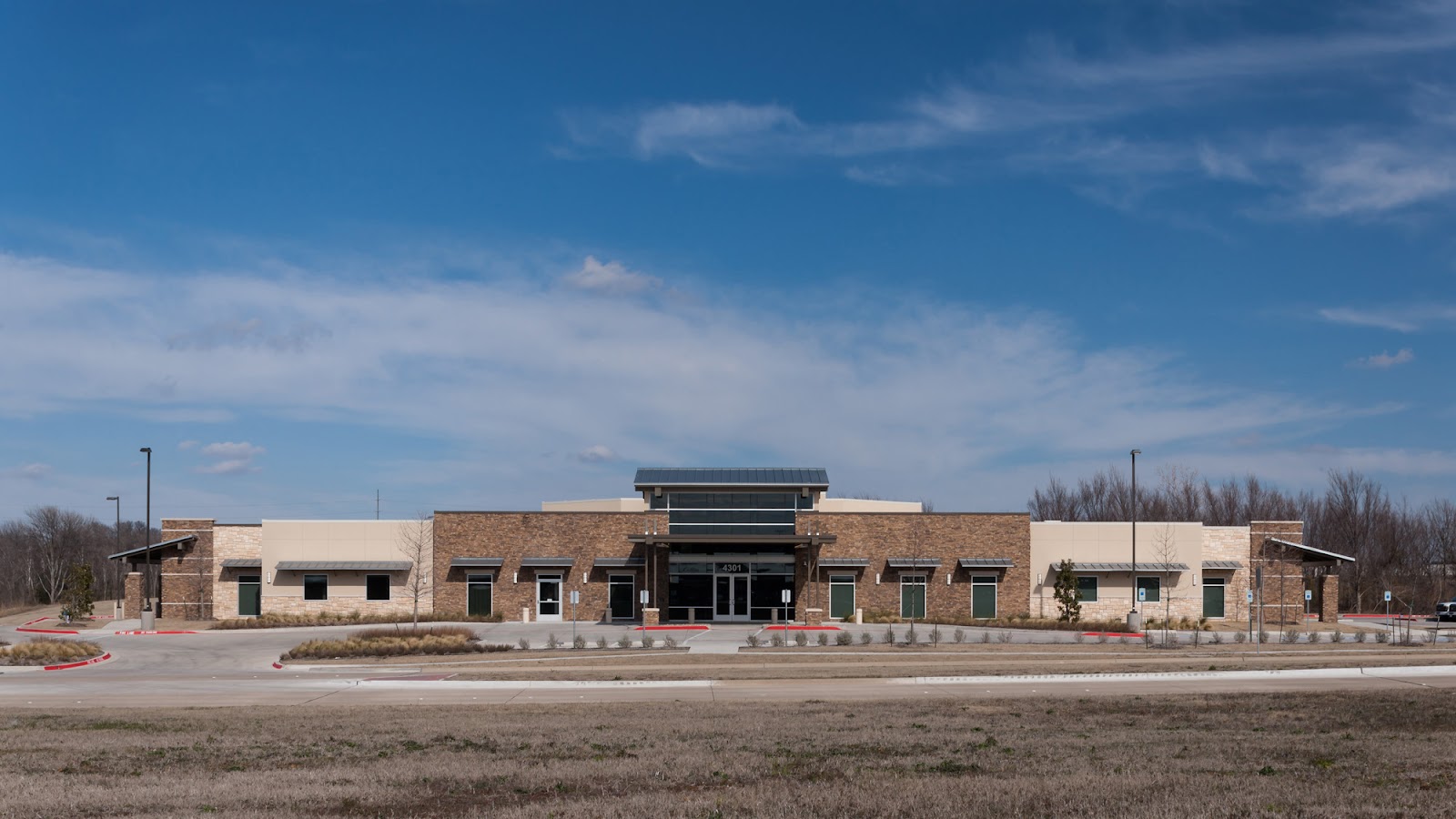Hotline for National Substance Abuse Support
24/7 Support Available, Confidential and Free of Charge
Best Alcohol & Drug Rehab Treatment Centers in Plano, Texas
As a local resource, we are dedicated to sharing important facts and statistics about drug addiction in the Plano area. Did you know that in 2020, there were over 800 drug overdose deaths in Dallas County, where Plano is located? This alarming statistic only emphasizes the need for accessible and effective drug addiction treatment options in our community.
On our website, we provide a comprehensive list of local treatment options for drug addiction in Plano. These include both inpatient and outpatient programs, as well as support groups and counseling services. We believe that every individual is unique and therefore may require a different approach to overcoming addiction. Our goal is to provide a variety of options so that individuals can find the treatment plan that best fits their needs.
We also take a holistic approach to overcoming addiction and recognize that it not only affects the individual but their loved ones as well. That's why we offer a section on our website dedicated to resources for family members and friends of those struggling with addiction. We understand that a strong support system is crucial for the recovery process and we want to provide families with the tools they need to support their loved ones.
Unique to our website, we also provide information on resources specific to the Plano community. This includes support groups and events in the area, as well as local laws and regulations surrounding drug addiction and rehabilitation. We are committed to making sure our community is informed and equipped to address the issue of drug addiction.
If you or a loved one is struggling with drug addiction in Plano, know that you are not alone. Our website is here to provide you with the resources and support you need to overcome addiction and lead a fulfilling life. We believe that with the right support and treatment, anyone can overcome addiction and we are here to help you every step of the way. Ready to explore more treatment centers and take the next step towards recovery? Click here to discover range of options and find the support you need on your journey to wellness. Your path to healing starts now.
Featured Treatment Centers




Upcoming Meetings in Next 90 Minutes
Discover AA meetings to support your journey to recovery. Our extensive directory covers open, closed, speaker, and specialized meetings—all crafted to aid in your sobriety journey and sustained recovery.
